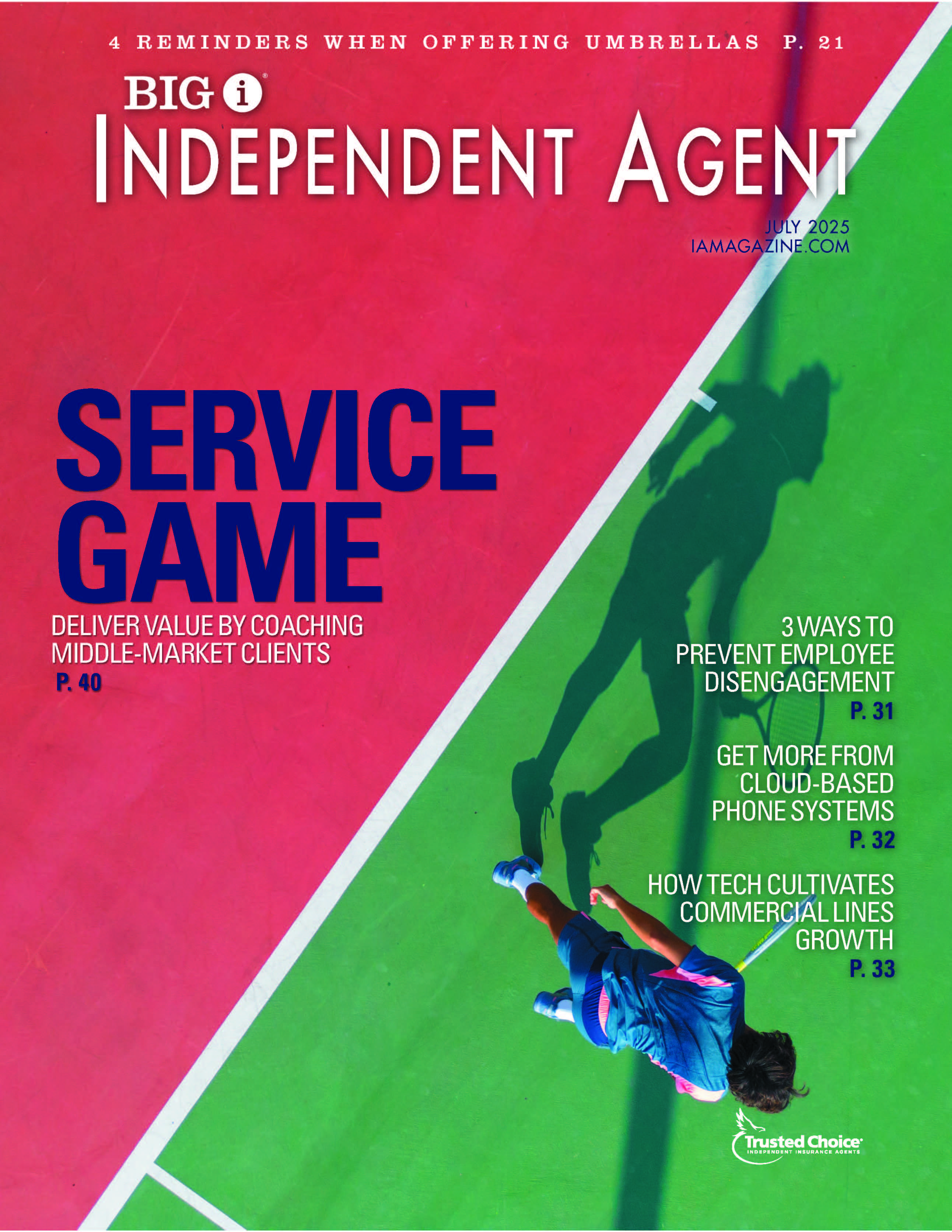3 Problems With Your Open-Door Policy—and What to Do Instead

By: David Dye
The intentions behind your open-door policy are good: You want to encourage transparency and keep the lines of communication open.
But your open-door policy may be causing your team more harm than good. Here are three ways it could be limiting your leadership abilities:
1) Your door is literally always open. Constant interruption prevents you from thinking deeply and serving your team in the ways only you can. If you allow a constant barrage of “Gotta minute?” to obliterate your day, you won’t be able to lead your team anywhere.
Consider one senior leader who overcame this challenge by defining 90 minutes of deep-think time in the morning and again in the afternoon, during which everyone committed not to interrupt anyone else unless it was an emergency.
That may not work in your setting, but the principle is important. How can you give yourself and your team the space you need to focus?
2) It doesn’t give you all the information you need. Your people know things you need to know. They can spot problems before they spin out of control. They’re your greatest asset—but only if you hear what they have to say.
Problem-solving innovation isn’t going to walk through your open door. Most of what will is complaints. To get the information you need to make the best decisions, you’ve got to intentionally go ask for it.
Most employees are busy doing their jobs. They may not even realize they have experience or wisdom worth sharing. Take the initiative—actively seek out the information you need. Regularly ask your team how things are going, how you can help them to do their job more effectively or serve the customer, or what’s getting in their way.
3) It’s not strategic. An open-door policy puts you in reactive mode. You’re not thinking strategically about what will move your team or the business forward—you’re waiting and responding to the issues that come to you.
If you’re leading strategically and moving things forward, you are more likely to solve these issues long before they surface as complaints or distractions.
To help your team think strategically, give them the information they need to make strategic decisions. Help them understand how the business makes money and how their work contributes to the bigger picture.
Author and international keynote speaker David Dye is president of Let’s Grow Leaders nd the award-winning author of “Winning Well: A Manager’s Guide to Getting Results Without Losing Your Soul” and “The Seven Things Your Team Needs to Hear You Say.”










